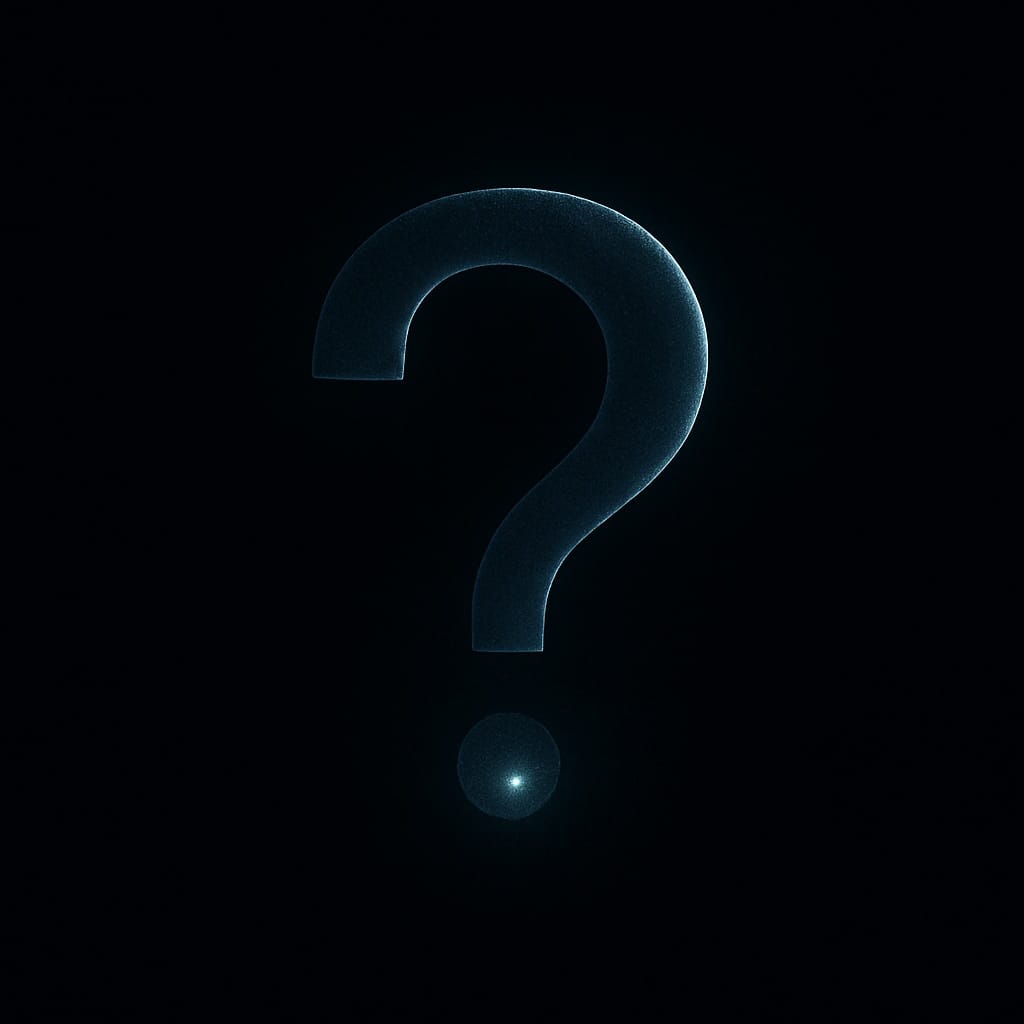What’s the Innovator's Dilemma of AI & How Can Any Startup Compete With These Behemoths?

What if the next innovation in AI isn't about what exists, it's about what doesn't exist? What if it’s not about crunching more data, it’s about being able to create something without any data?
This question has been burning in my brain since a conversation I had at dinner with our CTO, Nick Molnar, in San Francisco a few weeks ago.
LLMs are almost a decade old, and whatever the next era is that we won’t see for 5-7 years is probably being created now. And if I’ve learned anything in tech, it’s that the innovator's dilemma is always at play. Which means the next thing, the big thing, will probably be smaller, lesser, dumber, littler, crazier, and even mockable in its current state.
Which is making me wonder…
We all know AI is exploding. Huge data, more tokens, more servers, more energy, more models, more work to actually be able to deliver on the last mile. The last mile might take another 5+ years to actually deliver on, and I think these companies will be insanely successful and valuable crunching all the data in the world and integrating to all the systems to make my lawn mower person show up, get paid, and know how to mow my lawn from a single prompt. But we have a long way to go before that. Or the robot is just mowing my lawn. Either way, 5+ years out imho to solve the last mile. Fred Wilson just mentioned this too.
But what if the real breakthrough beyond what's getting built today, the next big thing, isn't about more data, but something entirely different?
This has led me to a profound question that I believe sits at the heart of AI's future:
What if the next innovation in AI isn't about what exists, it's about what doesn't exist? What if it’s not about crunching more data, it’s about being able to create something without any data?
Let me unpack this.
The Era of Known Knowledge and the "Last Mile"
Today's AI models are compelling because they operate with all of the known knowledge in the world. But this knowledge has become a commodity, with companies investing Tons of money connecting and correlating this data.
The aim is to make more accurate predictions, improve decision-making, and ultimately solve the last-mile problem. While this "last mile" represents a vast market, it also feels like a path where we're going to continue to spend a lot of money, and the core problem might already be a commodity. Not to mention, the companies pursuing it are among the best in the world, and competing with them is probably a non-starter at this point if you’re starting a new startup.
What’s Beyond What We Know?
This dynamic makes me ask a different question: What if the true innovator's dilemma for AI isn't about refining what we already have, but about figuring out how to create and understand based on what we don’t have?
What if the next innovation in AI is about what doesn't exist?
What if it's about exploring what's beyond the scope of known knowledge or even what we consider intelligence?
Current models are designed to sort through insane amounts of data, but what if the next era demands a model that can create something without any data?
Something from Nothing: A Different Way to Think
Consider a thought process that can think, make decisions, or come up with things based on nothing. How would something have to think, or be programmed, to think of something that was never thought? To put new ideas into the world that aren't based on anything we know today? This isn't about acquiring more tokens, more money, more energy, and more compute power. Instead, it might hinge on a different way to think altogether.
What if discovering what's unknown is an entirely different game, one where the way to think about something that's never been thought about doesn't take any data at all?
The "Toy" and Tomorrow's Unknown
History shows us that the innovator's dilemma always starts out looking like a toy, as Chris Dixon wrote about over 15 years ago now. It gets mocked, especially by those deeply invested in the current paradigm with all its knowledge, money, and scale. When every day is Elon out chest-pumping Sam Altman, is this really where you want to compete?
Yet, when we stand on the edge of intelligence and what's known in the world, it feels like the same pattern of the past will repeat itself to help us discover what's unknown about tomorrow.
Could the future of AI be less about crunching more data and more about truly creating something entirely new, from nothing?
What could the world look like if we created it without knowing what the world looks like today?
In 10 years, something being built today will be the future of AI, and it probably will look dumber than we think today.
I have no idea the answers to these questions, but this is what’s been on my mind. Love to hear from you, message me on X @shanemac or reply to this and say hi!
